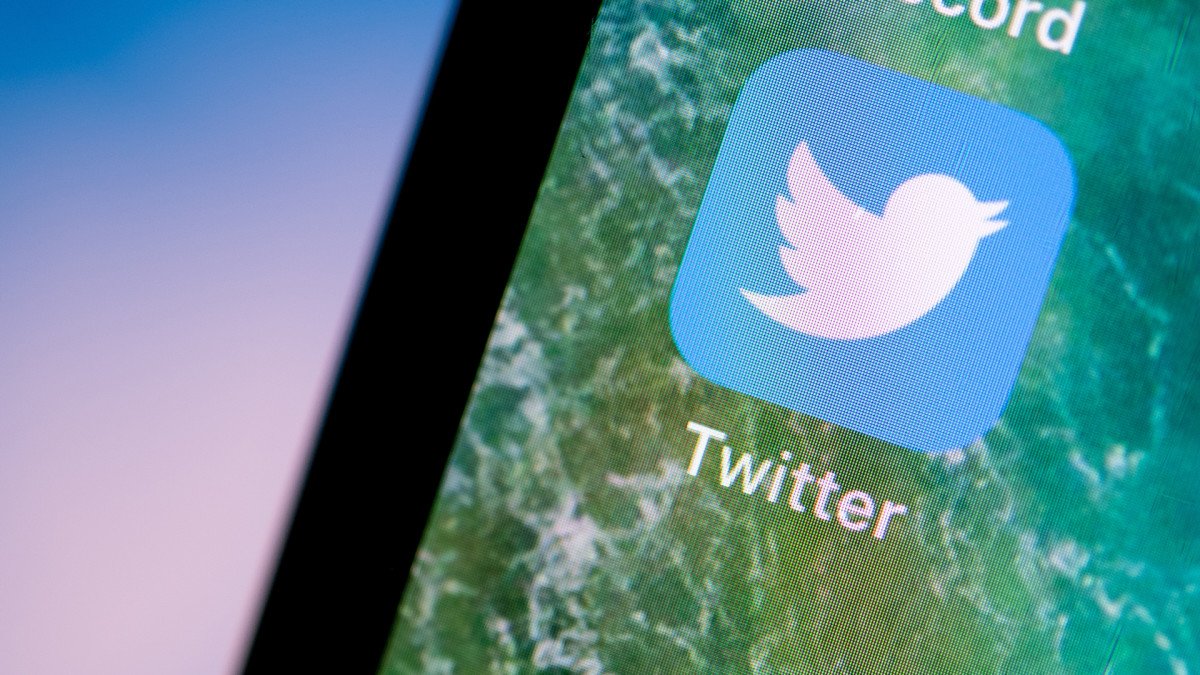
Twitter, other ICT sector players contributed 14.91% to Nigeria’s GDP,says Centre for Social Justice (CSJ)
Twitter’s suspension in Nigeria will end once the US social media giant submits to local licencing, registration and conditions, the government said recently, rejecting criticism the ban had stifled freedom of expression.
A leading civil society organisation, Centre for Social Justice (CSJ) has reminded the federal government that Twitter and other social media platforms belong to the Information Communications sector which contributed 14.9 per cent to the 2021 first quarter (Q1) gross domestic product (GDP).
CSJ, which expressed regret over the recent ban on the micro-blogging site by the federal government called for an immediate reversal of the action.
In a statement made available to newsmen by its Lead Director, Eze Onyekpere, the group described the ban as a gross violation of Nigerians’ human rights and economic obligations to respect already accrued economic and social rights.
The group urged the government to refrain from taking steps that will prevent Nigerians from accessing services provided by third parties which do not violate laws enacted by the respective legislatures.
It noted: “The contribution to aggregate real gross domestic product as at Quarter 1 of 2021 by the Information and Communications Sector where Twitter and other social media platforms belong is valued at 14.91%, being one of the largest contributors to the total output of the country.
“The Information and Communications sector is composed of the four activities of Telecommunications and Information Services; Publishing; Motion Picture, Sound Recording and Music Production; and Broadcasting.
“It will be recalled that the Nigerian economy grew by less than 1%, specifically by 0.51% in Quarter 1 of 2021 and the contributions of the major sectors to aggregate real GDP is as follows: Oil sector accounted for 9.25%; the agriculture sector accounted for 22.35%; manufacturing was 9.93%; trade’s contribution was 15.61%, construction was 4.12%, etc.”
CSJ observed that the overall growth pattern of the economy in the first quarter of 2021 was tepid and did not match population growth, adding that it failed to respond to stagflation – high unemployment, slow growth, inflation, and other macroeconomic challenges facing the nation.
It observed that the fact that Nigeria is just struggling to exit recession even compounds the scenario.
According to CSJ, Twitter as part of social media platforms is a veritable medium for the outreach of enterprises in the Information Communications Technology (ICT) and other sectors, arguing that banning Twitter will retard investments, productivity, employment generation and the overall output and outcome of the economy.
It noted that the ban on Twitter at a time of great economic and social crisis has so many downsides without any evident upside.
CSJ listed the downsides as increasing the cost of production of goods and service delivery as Twitter is a cheap means of driving traffic, advertisement in the ICT and other key sectors of the economy.
According to the group, the ban will also retard the ease of doing business as many of its services will now be done through resource and time-consuming methods which will make the business environment inclement.
CSJ further noted: “It will make more Nigerians especially the younger generation jobless at a time the official unemployment rate is 33.3% and the percentage of unemployed youths exceed the unemployment average of the overall population.
“It will deter local and foreign investors who will see the country as undemocratic, without the rule of law and its due process where the ego, whims, and caprices of one man determines policy direction.”
While stressing that the federal government’s action would worsen insecurity considering that unemployment contributes to crime, criminality, and the pervasive insecurity across the nation, it observed that the ban is a drag on information dissemination, and will provide an environment for compounding of criminality by state and non-state actors.
CSJ therefore called on President Muhammadu Buhari to reconsider and lift the ban immediately to stop further irreparable damage to the Nigerian economy and to the economic and social rights of citizens.



















